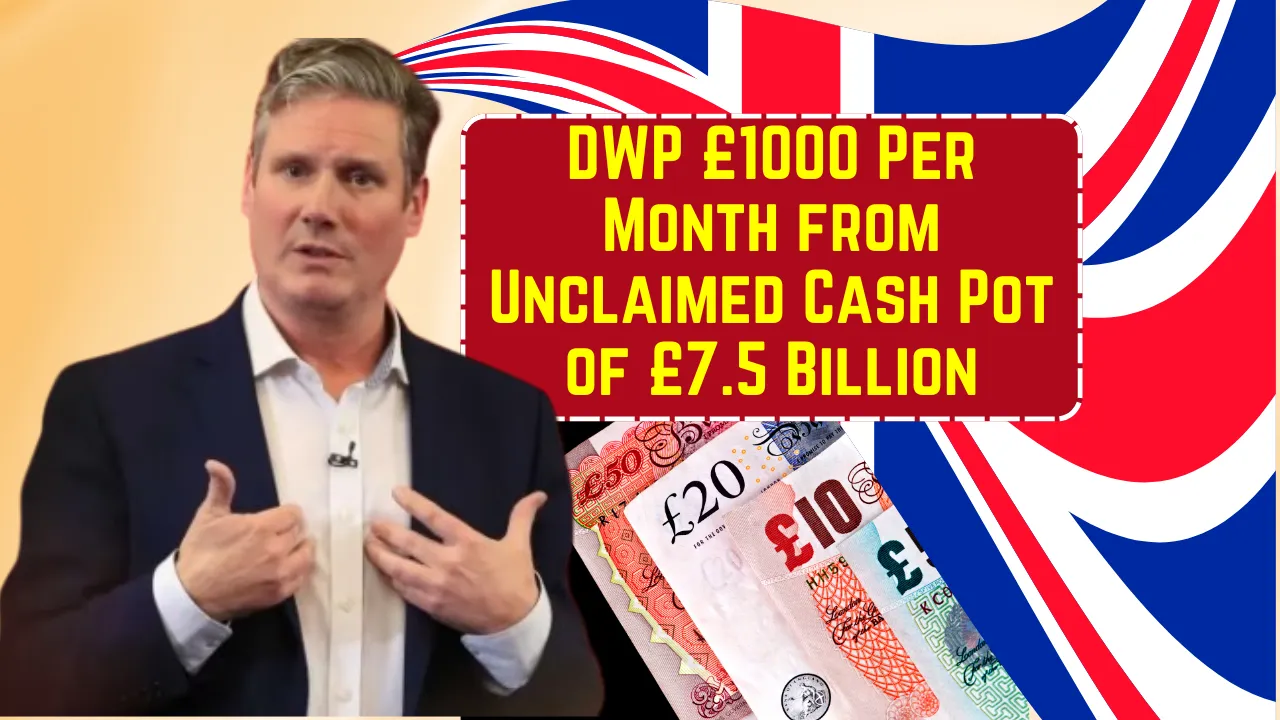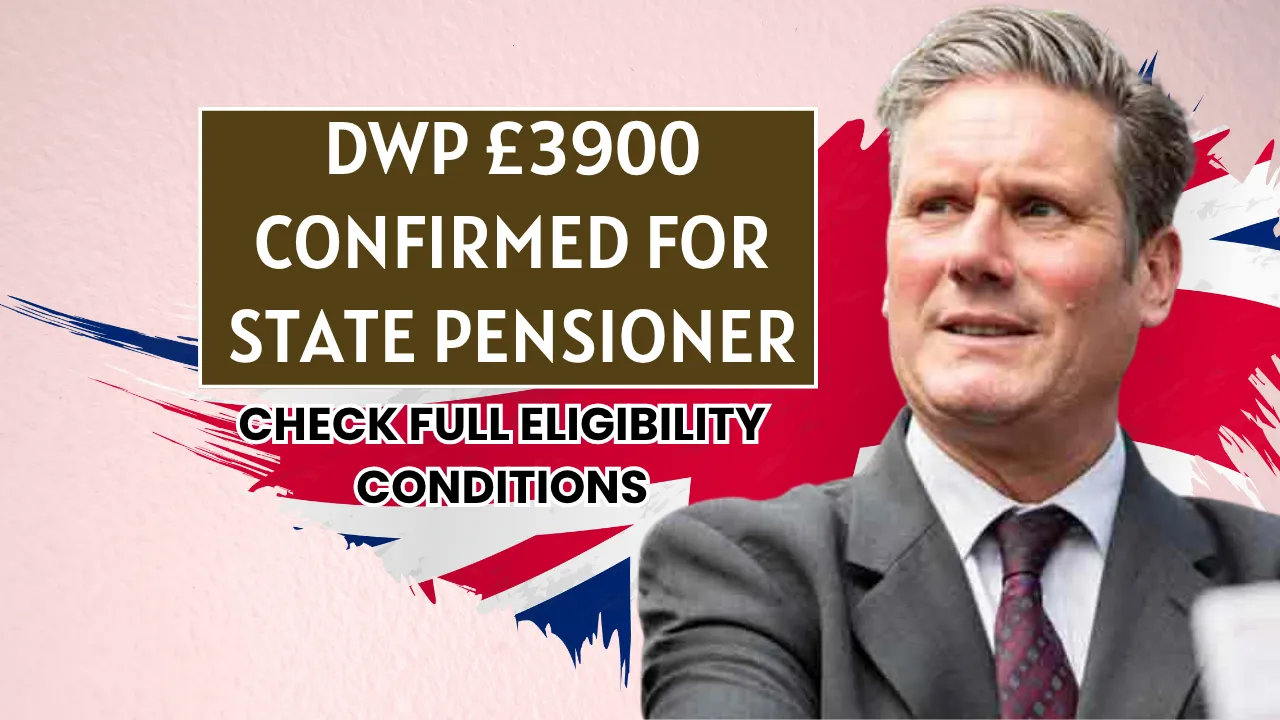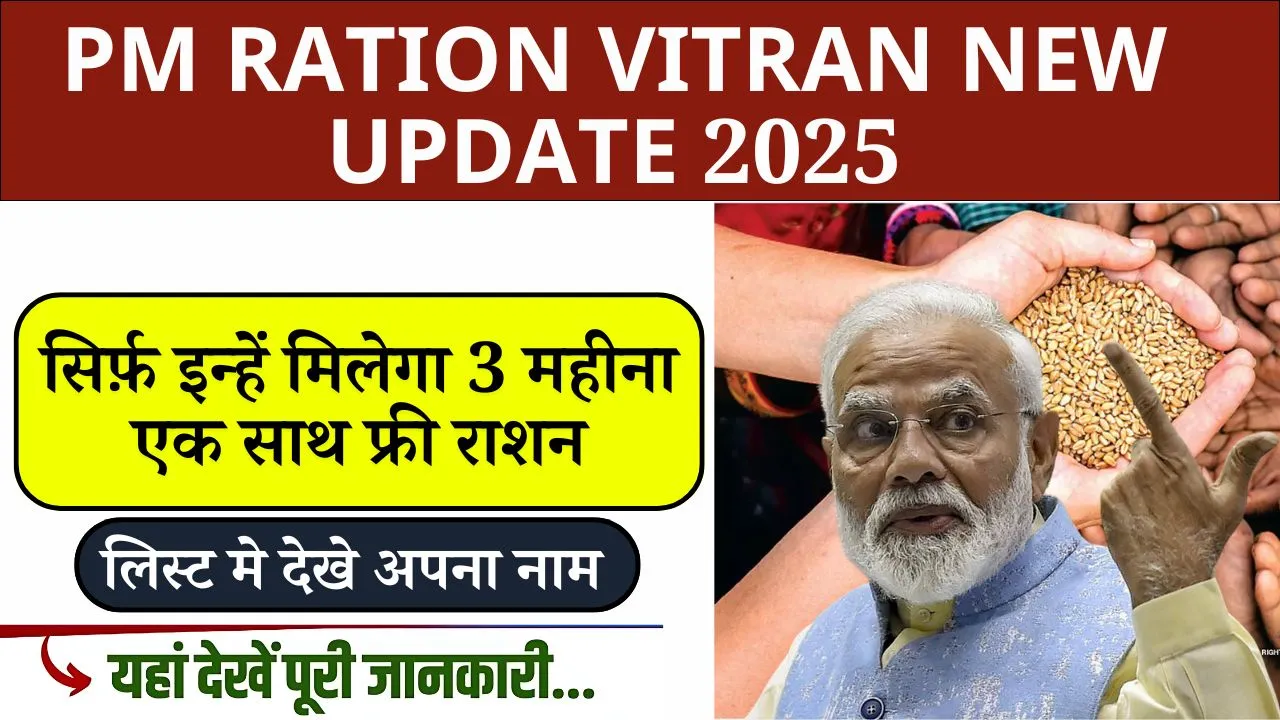DWP £1,000 Per Month: A staggering number of households in the UK are unknowingly missing out on financial support worth thousands of pounds each year. Despite a cost of living crisis and increasing household expenses, around 1.2 million eligible families are not claiming Universal Credit—a benefit designed to support those in need. What’s more surprising is that this unclaimed support totals an estimated £7.5 billion, with many people wrongly assuming they don’t qualify.
The DWP £1,000 per month support refers to the average monthly Universal Credit payment being missed by thousands, including households with high incomes. Contrary to the belief that Universal Credit is only for those unemployed or living below the poverty line, the benefit also applies to working families, people with high rent or childcare costs, and even some with annual household incomes exceeding £100,000. Understanding eligibility and updating claims with the Department for Work and Pensions (DWP) could lead to a significant boost in financial support.
DWP £1,000 Per Month: Who Can Get It?
The DWP £1,000 per month represents the average Universal Credit payment received by eligible households. This amount varies depending on circumstances such as income, number of dependents, housing costs, and care responsibilities. Surprisingly, even people considered “high earners” can still qualify if they have significant outgoings—like childcare or caring for a disabled family member.
According to research from Policy in Practice, a huge portion of eligible households are not claiming what they’re entitled to. This unawareness is costing families thousands of pounds per year. With living costs still rising and more pressure on household budgets, now is the time to check your eligibility—even if you think you earn too much.
Overview of the DWP £1,000 Per Month Support
| Category | Details |
| Average Monthly Payment | £1,000 (varies by household type and costs) |
| Eligibility | UK resident, aged 18+, under State Pension age, savings under £16,000 |
| High Earner Eligibility | Yes, depending on housing, childcare, and disability-related costs |
| Estimated Unclaimed Amount | £7.5 billion |
| Estimated Unclaimed Households | Around 1.2 million households |
| Single Person, No Children | ~£720 per month |
| Single Parent | ~£1,240 per month |
| Childless Couple | ~£920 per month |
| Couple with Children | ~£1,270 per month |
| Carer’s Element (Additional Support) | £201 per month |
| Common Reason for Underpayment | Failing to update circumstances (e.g., rent increase, care responsibilities) |
Why Are So Many Missing Out on Universal Credit?
Many people believe Universal Credit is only for the unemployed or those in serious financial hardship. In reality, the system is much broader. Working families, homeowners, and even those with relatively high earnings may qualify if their essential expenses are high enough.
For example, families with high rent or childcare costs can still receive monthly support. Additionally, those caring for a disabled child or adult may be entitled to more, especially if they apply for the Carer’s Element. The key issue is misinformation and lack of awareness—people assume they don’t qualify and never apply.
Who Qualifies for Universal Credit?
To qualify for Universal Credit, you must:
- Live in the UK
- Be aged 18 or over (with some exceptions for 16–17-year-olds)
- Be under the State Pension age
- Have savings and investments worth less than £16,000
What makes this benefit flexible is how it adjusts to your household situation. If your rent has gone up or you’ve taken on additional care responsibilities, you may be entitled to more—even if your income hasn’t changed. Keeping your details updated with the DWP is essential to ensure you’re receiving your full entitlement.
Average Universal Credit Payments by Household
The average payment for Universal Credit varies significantly by household type:
- Single person, no children – around £720 per month
- Single parent with children – around £1,240 per month
- Childless couple – around £920 per month
- Couple with children – around £1,270 per month
These figures illustrate the flexibility of the benefit, which is designed to meet different needs. With proper claims and updates, many households could be receiving hundreds of pounds more each month.
Unfulfilled Eligibility: Are You Missing Out?
Even those already receiving Universal Credit might be missing out on extra support. This is known as “unfulfilled eligibility.” For example, if your rent recently increased or you’ve started caring for a family member with a disability, you might be eligible for more money—but only if you report it.
In the 2024/2025 financial year alone, nearly £980 million in additional support went unclaimed by existing Universal Credit recipients. Most of this was due to unreported changes in housing costs and care responsibilities. The Carer’s Element, which adds £201 per month, is another commonly overlooked benefit.
The best way to ensure you’re getting everything you’re entitled to is by regularly reviewing and updating your Universal Credit claim through your online account or by contacting the DWP.
The Carer’s Element: A Valuable Top-Up
The Carer’s Element is a little-known part of Universal Credit that provides an extra £201 per month for those caring for a disabled person. Unlike some benefits, it has no earnings limit and does not affect Carer’s Allowance.
This support is particularly helpful for people balancing part-time work with care duties or those who don’t meet the full criteria for Carer’s Allowance. It’s one of the easiest ways to increase your monthly support if you’re caring for a loved one.
FAQs
Who can claim Universal Credit in the UK?
You must live in the UK, be aged 18 or over, under State Pension age, and have less than £16,000 in savings.
Can high earners get Universal Credit?
Yes. If you have high housing, childcare, or care-related costs, you may still qualify—even with a household income over £100,000.
What is unfulfilled eligibility?
It means people on Universal Credit who could be receiving more but haven’t updated their claim to reflect their current situation.
What’s the Carer’s Element?
A £201 per month top-up for those who care for someone disabled. It’s separate from Carer’s Allowance and doesn’t have an income limit.
How do I claim more Universal Credit?
Review your claim regularly and report changes in rent, childcare costs, or care responsibilities to the DWP.
Final Thought
The DWP £1,000 per month support could be a game-changer for millions of households—yet many still don’t realize they’re eligible. Whether you’re working full-time, a parent with high childcare costs, or caring for a family member, Universal Credit might offer more help than you think. With £7.5 billion still unclaimed, there’s never been a better time to check what you’re entitled to.











